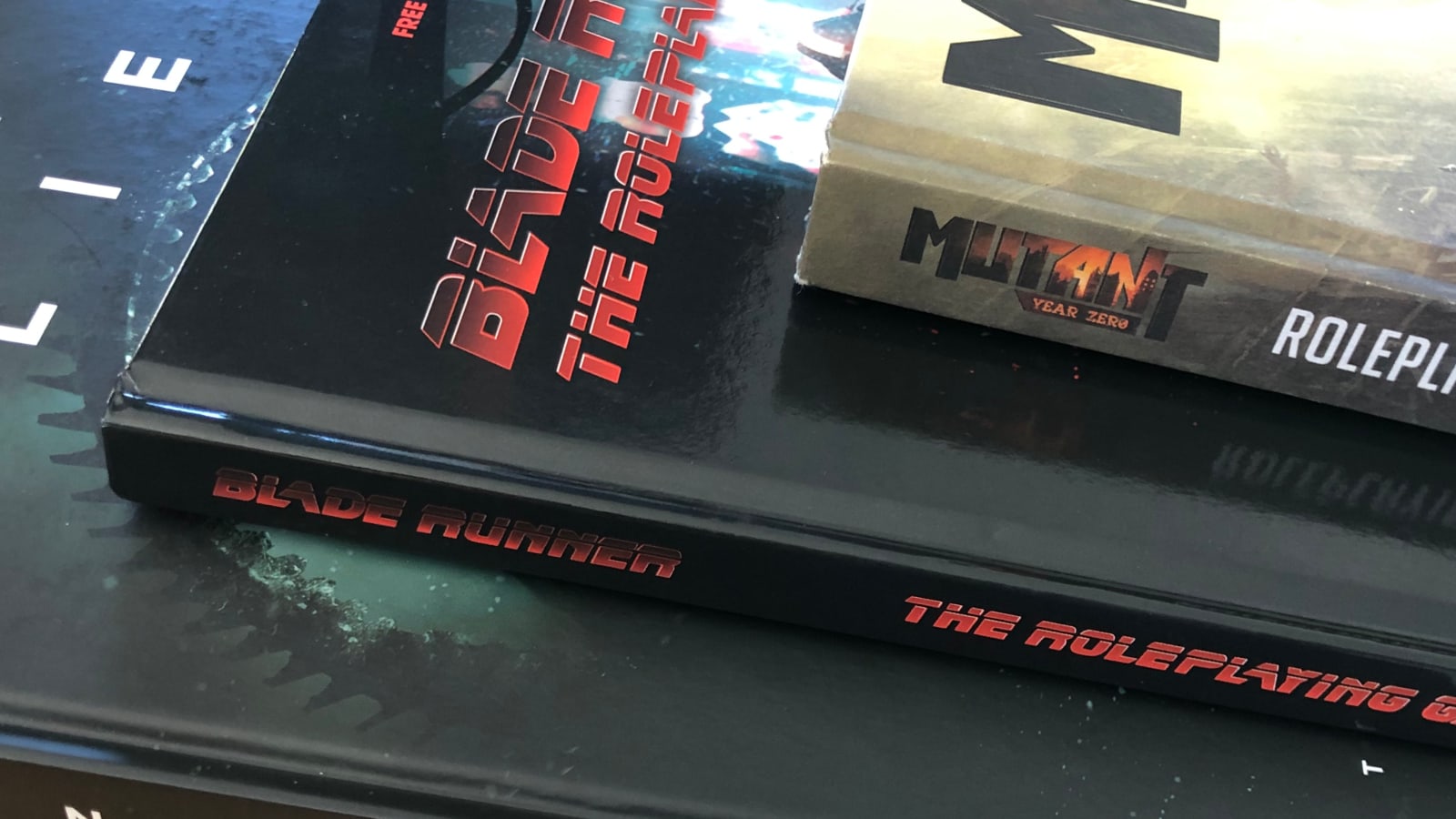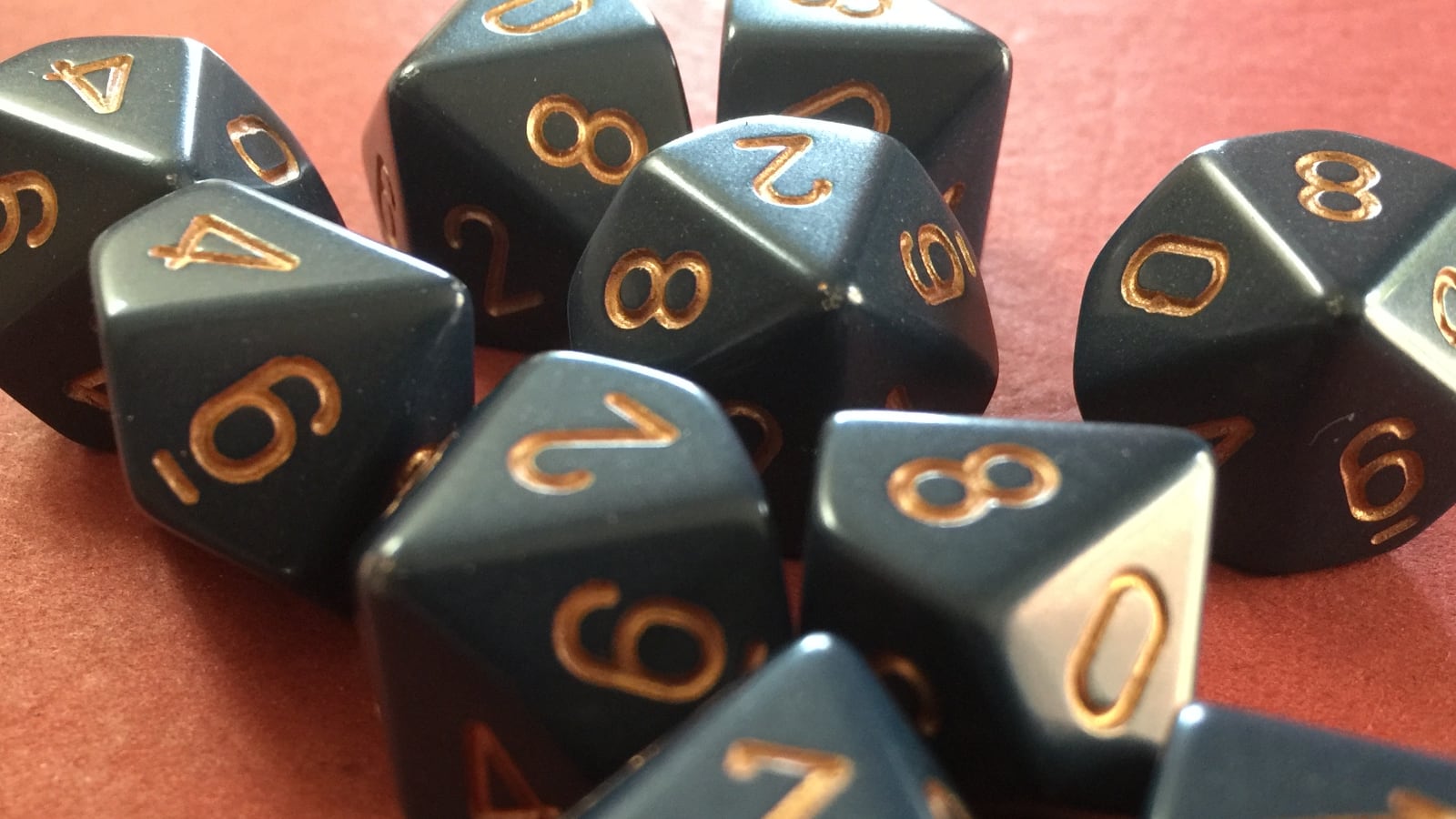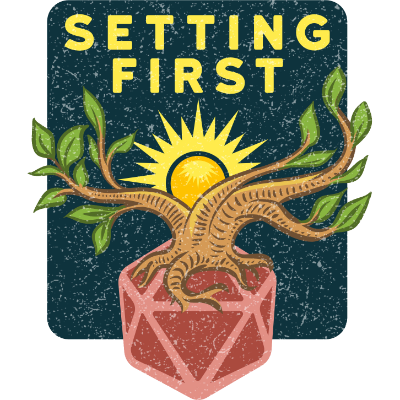
It can be easy to get excited about a new published setting, but it pays to evaluate it before bringing it to the table.
You can either read the post below or watch it in video form.
Ever discovered a published setting and thought, “This would make a great campaign for our group!” only to realize after starting play that it just wasn’t a good fit after all? I have. So over time I’ve developed a vetting mechanism to help me get past the first blush of excitement and take a clear-eyed look before embracing a setting at the table.
Step 1
I start by asking myself, “What is drawing you to this setting?” Usually it’s some combination of these factors:
Characters
The characters that inhabit it make the world come alive. They make it more interesting than similar settings because they’re so deftly drawn that everything in the world is more enticing. When I’m sucked into characters it’s usually in a licensed setting with characters I’ve already read about in books or seen on TV or in movies. The characters from The Expanse are a great example of this.
Adventures
The adventures that take place in it are cool for one reason or another. They stick out. They’re different, they’re exciting. Or maybe they’re just so iconic that I can’t help but love them. Again, when this is an attractor, it’s usually a licensed setting. Lookin’ at you, Aliens.
Tone
The tone of the setting is enticing. The myth-is-real feel of RuneQuest. The wheels-within-wheels politics of Dune.
Themes
The themes explored in the setting speak to me. What differentiates humans from their technological offspring, and what is it to be human? That’s Blade Runner. Even in the face of long odds, a better future is possible. That’s Star Trek.
Step 2
Then I think about the ramifications of what’s drawing me to the setting. If I’m going to be running a campaign in this world, I need to remind myself of a few things.
Characters
The most well-known characters that inhabit it aren’t all that important to me when running a campaign, because the setting should be able to stand on its own even without them. Is the Star Wars galaxy interesting without the Skywalker Family Drama™? To me it is. Is Westeros all that interesting without Tyrion Lannister, Jon Snow, and Brienne of Tarth? Not really. To my mind it’s just another high-medieval, low-magic setting.
Adventures
The adventures to be had in the setting matter a lot. Despite the fact that the Star Wars writers did the Death Star schtick three times, there’s a wide range of adventure types in the Star Wars galaxy, as Clone Wars, Andor, and The Mandalorian have proven.
Range isn’t the only factor, though. Sometimes there’s enough depth within a relatively narrow band of adventure types to make it interesting. But it’s worth looking at published scenarios and thinking a bit about this if a setting looks like it might be confining.
Support from the publisher matters, but for me that’s not usually determinative, as most of the adventures I run are of my own creation. If you usually run published scenarios, be sure to see what adventures have been published so far and if more are coming.
Tone
Tone is very important. If I’m going to be running a campaign set in the day-to-day survival of Twiliight: 2000 I’ll need to be able to ratchet it up with moments of harrowing do-or-die action, and leaven it occasionally with bits of humor and unexpected joy.
Themes
How the setting evokes specific themes is equally important. I look for settings that highlight specific themes and make it easier for me to put characters into situations where they have to make difficult decisions. For example, is it more important to do as your cult tells you, or to do what you think is right? This question has come up time and again in my Degenesis campaign.
Game Mechanics
This is Setting First, not Mechanics Never. Game mechanics matter, of course. But I’m not really interested in whether the mechanics fit some platonic ideal, because the mechanics don’t operate in a vacuum. They serve the needs of the setting.

Sometimes that’s easily done with fairly standard mechanics, and sometimes it requires more tailored rules. But the first pass evaluation for me is about whether the rules get in the way of the themes, tone, and sorts of adventures I expect from the setting, and if so, can they be hacked easily enough to bypass that problem?
If the rules explicitly support tone and theme, it’s worth reviewing the mechanics in detail. In Paleomythic, crafting skill is important, and the mechanics reinforce that by making weapons and gear prone to breaking occasionally. But critically this isn’t overdone or gratuitous.
The majority of games use mechanics that sit somewhere in the middle. Often standard mechanics like d100 or some form of dice pool are tweaked here and there to provide setting flavor. Free League goes a step further by truly tailoring their Year Zero Engine to each new setting.
Sometimes the mechanics don’t actively get in the way, but they’re also just not appealing for whatever reason. Gamers are like everyone one else; we have our biases whether arbitrary or deserved.
Let Go
If the evaluation of setting and mechanics reveal concerns for me, I’ve learned (again, through hard experience) to listen to my inner voice. A campaign requires effort from a GM. I enjoy thinking about whatever game I’m running, even when I’m not at the table. So if I’m going with a published setting, it should be one that I’ll be happy to explore. And if I have misgivings, I let that setting go.
There are so many games, so many settings, that it’s just not worth it for me to pursue something that doesn’t pass muster. As an aside, this is one of the marvelous things about trying new games. The more you explore, the more you realize that our hobby may be small but it is just bursting at the seams with awesome games and settings.
Go for It
If I run the setting and mechanics through the filter and I’m still excited about running a campaign, I’ll give my players an overview and see what they say. If they’re less than super fired-up about it for whatever reason, I move onto the next campaign idea. If you have to work to convince your players to get excited about a campaign, that campaign won’t be a winner. I know this from, you guessed it, hard experience.
And if the players are excited about the game and setting, now you have the opportunity to create something amazing together as a group, which is part of what makes our hobby so special.
If you would like to see me go into more detail about any of what I just covered, please let me know in the Discord.
Ω

